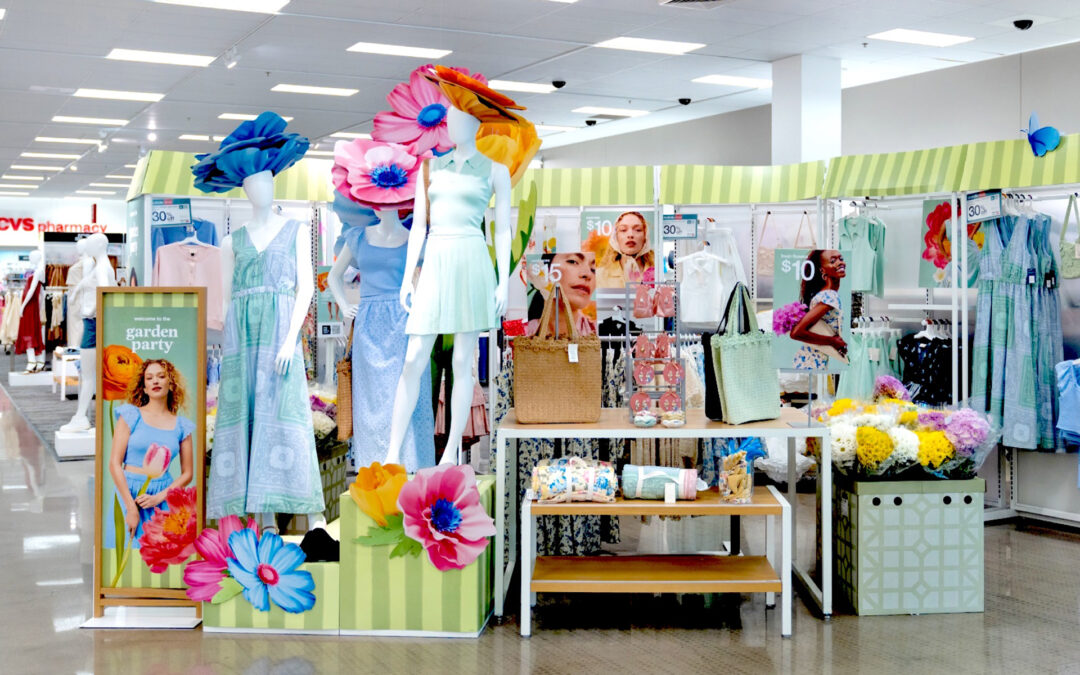Mastercard SpendingPulse identified July as a good month for e-commerce, amid major promotional events such as Amazon’s Prime Day.
According to the ongoing SpendingPulse study, which measures in-store and online sales across all forms of payment, retail spending in the United States, excluding automotive, advanced 11.2% year-over-year in July, while retail sales excluding automotive and gas grew 9%. E-commerce sales increased 11.7% from July 2021, a sharp increase after months of softer growth, Mastercard indicated. Rising prices, especially for necessities such as food and fuel, contributed to results, as SpendingPulse reflects nominal spending and is not inflation adjusted.
Still, spending increases in July outpaced monthly year-over-year gains experienced thus far in 2022, with demand and higher prices both contributing factors, Mastercard asserted. Consumers continue to navigate high inflation as they spend on wants and needs, with the grocery sector, for example, enjoying a 16.8% revenue gain versus July 2021 due primarily to food price increases. However, sales for apparel, up 16.6%, and Jewelry, up 18.6%, saw strong demand-driven year-over-year growth, Mastercard maintained, outpacing sector-specific inflation.
Amid online promotional events including Prime Day, and Target Deal Days, e-commerce posted its first month of double-digit sales growth, at 11.7%, since December. Home, Mastercard noted, tended to lag in July year over year, with Furniture & Furnishings up 5% and Home Improvement up 2.9% from July 2021. Still, compared with category sales in July 2019, Furniture & Furnishings is up by 33.2% and home improvement is up 22%, as identified in the SpendingPulse study.
As for services, after taking a major beating from the COVID-19 pandemic, lodging revenues grew 29.6% and airline sales grew 13.3% versus July 2021. Restaurant sales growth, although softer year over year at 9.5%, looks strong on a three-year basis, up 42.6% from July 2019.
“Consumers’ purchasing power has been strained by higher prices, particularly for the most fundamental needs-based categories like food and energy,” said Michelle Meyer, U.S. chief economist, Mastercard Economics Institute, said in announcing the SpendingPulse results. “Thus far, nominal spending remains strong as consumers cope with high price inflation. As we continue to look at the strength of the consumer, we will be keenly focused on trends surrounding employment and wage growth.”
Steve Sadove, senior advisor for Mastercard and former CEO and Chairman of Saks Incorporated. “The latest retail trends place an emphasis on consumer choice and passion-driven spending – they’re hunting for deals, shopping across channels and ultimately still spending on experiences and goods that make them feel good,” said Steve Sadove, Mastercard senior advisor and former chairman and CEO of Saks Inc. “As retailers grapple with excess inventory and supply chain constraints, it’s likely that the promotional activity seen in July will continue to be an important strategy for retailers.”





